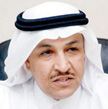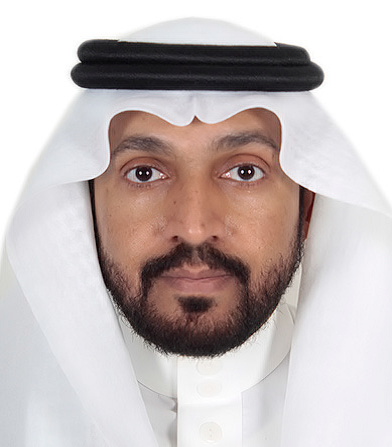The study of the visual culture in the Gulf is important in an era when heightened visualization has become a defining attribute. However, this cannot be separated from the multiplicity of socio-economic circumstances. Since the 1960s, the Gulf region has witnessed a period of major economic, political and social transformations. The formation of independent states and the post-oil economy provided for major urban developments and a clear change in social structure and lifestyle. The last decade saw further modernization, coupled with an internationalization of demographics and a globalizing effect. These processes have become culturally embodied in the visual narratives of the Gulf as well as the layers of projection and representation; a visual rhetoric and a flux of visualization, projection and internal identifications at the level of media projection, art and architectural production, consumption modes, urbanization patterns and social relationships. Since the 1960s, a process of visual production and representation developed in a number of GCC states. For instance, the period following independence in the UAE saw major transformations through the massive visual re-construction of a newly formed state. A new visual identity was in the making: flags designed, money minted, stamps printed. Another example is the urban expansion and modernization in the Saudi Arabia of the 1970s. The negotiation between modernity and tradition in recent UAE projects and the visualization of Qatar's 2022 World Cup projects is already predicting a future role and identity. The proposed workshop will examine the above processes as well as the motivations, causes and implications of visual representation and the construction of identity in the Gulf. The workshop will address the following questions: ¾ What is the significance of visual studies in the context of the Gulf? ¾ What are the underlying links between visual culture, social structure and economic processes in the GCC? ¾ What defines the visual identity of the Gulf? And how is it expressed in a globalizing world? ¾ What defines the sensibilities, aesthetic values and expressions of Gulf culture(s)? And what are the symbolic meanings behind these expressions? ¾ What are the commonalities and differences in the modes of expressions and representations between the various GCC countries? Presentations will address a diversity of theoretical approaches and rely on ‘the image’ and its underlying meaning as a focal point through which identity is conveyed; the image as a tool for the production of meaning. The intention is to reflect on the multiplicity of readings and interpretations in a constructed identity through visual material produced in and about the Gulf. Identity will be discussed in relation to the diverse manifestations of visual culture. Papers will address the official visual rhetoric, as well as the aesthetic and cultural values implied in everyday media and visual representations, taking into account the multifaceted aspects of production that equally echo high and low culture.
3 DAYS / 12 Workshops
MORE THAN 300 ACADEMIC PAPERS
1. Identify how large-scale data is being used for evidence-based policymaking in the
Gulf.
This objective will be met by papers that describe the participation of Gulf educational
systems in large-scale educational studies and assessments and link this achievement to
policies and educational change taking place in those educational systems.
2. Identify areas of educational policy interest in order to synthesize large-scale data and
apply it to educational problems in the Gulf.
Papers that compare educational policy development and application to shared
educational problems and challenges either across or between Gulf States will meet this
objective.
4
3. Develop a draft plan for the further analysis of both large-scale educational data on
the Gulf and the evaluation and investigation of its use for evidence-based
policymaking among Gulf leaders at every level of the educational system.
The larger outcome of the proposed workshop is not just a scholarly discussion of the
impact of large-scale datasets on educational policymaking in the Gulf, but also to
develop a scaffold upon which Gulf leaders and decision-makers can build a sustainable
and contextualized infrastructure and human capacity for evidence-based decisionmaking that productively uses the evidence from these large-scale datasets.


